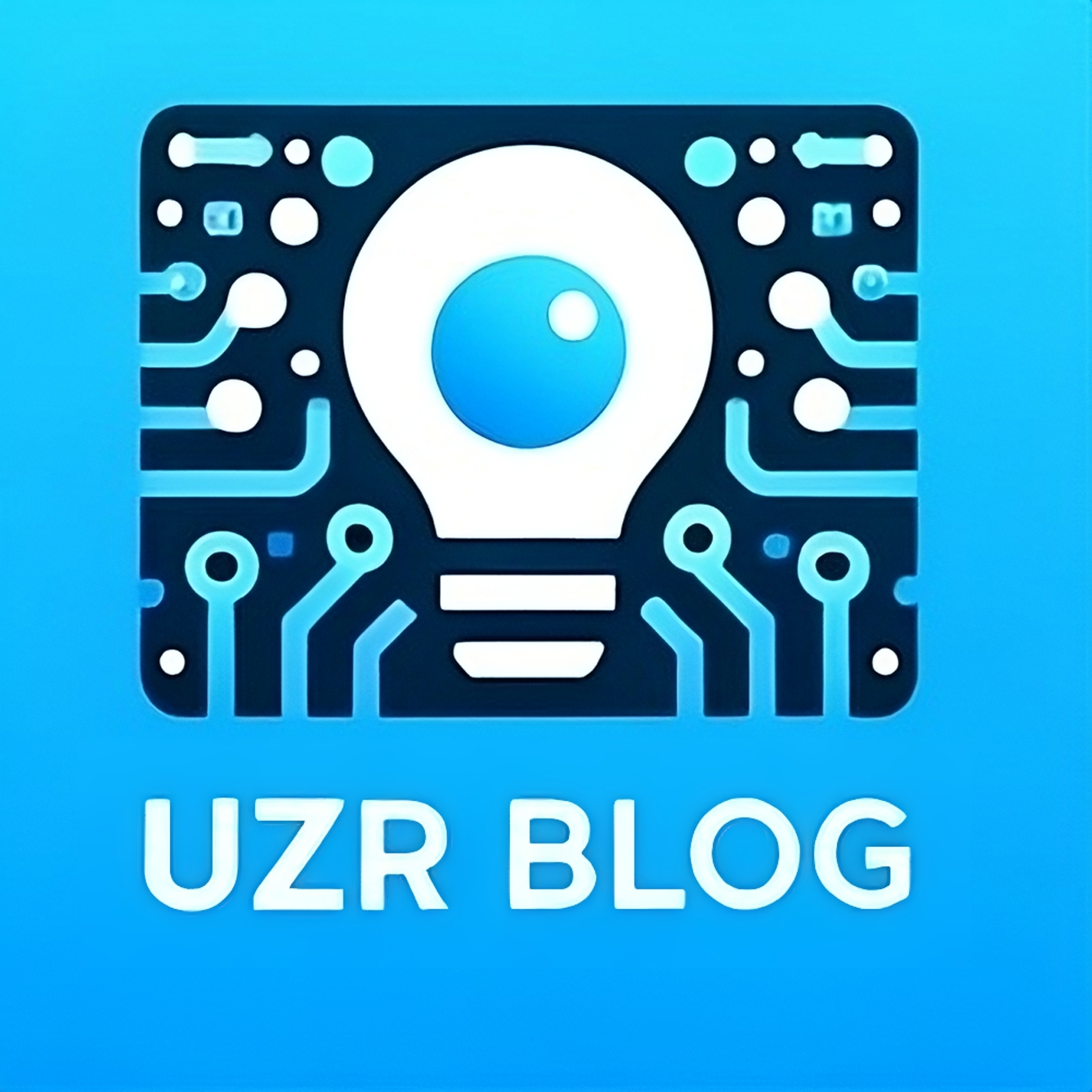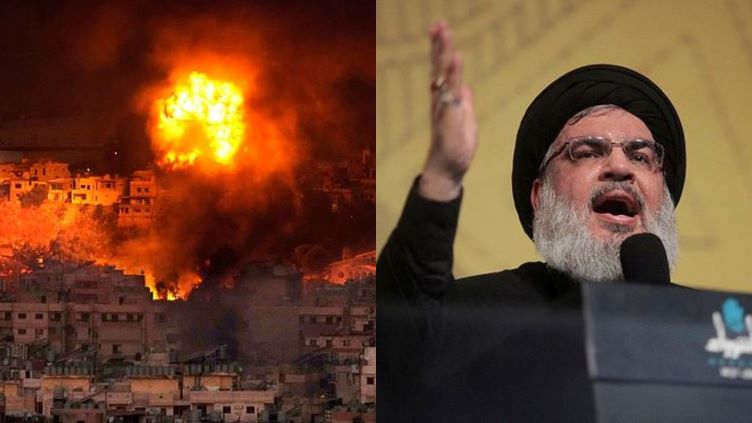On September 27, 2024, Hassan Nasrullah, a longtime leader of Hezbollah, was killed in an Israeli bombing, marking a turning point in the main Middle East conflict and one of the most momentous incidents in the region in recent memory. Several additional senior commanders were killed in this strike on Hezbollah’s headquarters in southern Beirut. The outcome of Iran’s regional strategy, the future of Hezbollah, the success of the strike over Nasrullah’s death, and the ongoing conflict with Israel would all have significant ramifications.
The assassination of Nasrullah occurred during a period of high tension, particularly when Hezbollah began attacking Israel in October 2023. Since October 8, when it started its attacks to dissuade Israel from its war on Gaza, which has claimed at least 41,500 lives, Hezbollah has been exchanging blows with Israel across the southern Lebanese border for almost a year. One of the most seasoned and well-trained nongovernmental fighting groups in the region has been facing off against Israel, and Israel has retaliated by stepping up and lowering its pace in turn.
The two have been at odds for almost fifty years; the dispute is not new.
Who Was Hassan Nasrallah?
At sixty-two years, the Nasrullah has led the Hezbollah since 1992, when his predecessor, Abbas al-Musawi, was killed in an Israeli bombing. With significant financial and military support from Iran, Hezbollah expanded from a relatively small terrorist organization under Nasrallah’s direction to become one of the most potent political and military forces in the Middle East. Hezbollah developed as Iran’s principal ally in Lebanon, contributing significantly to the “axis of resistance,” an alliance of organizations throughout the area committed to opposing Israel and American interests. Nasrallah collaborated with other groups supported by Iran, such as militias in Iraq, Palestinian Islamic Jihad, and the Houthis in Yemen.
Nasrullah has also collaborated with Iran’s Quds Force in recent years, particularly since General Qasem Soleimani passed away in 2020. His passing creates a big leadership imbalance within Hezbollah, casting doubt on the organization’s capacity to continue operating and withstand Israeli military pressure.
What Led to His Death?
The Israeli army claimed to have killed Sayyed Hassan Nasrallah, the secretary general of Hezbollah and not only the most powerful leader of Iran’s Axis of Resistance but also a prominent political figure. The strikes targeted what was purported to be a Hezbollah headquarters and left five-meter-wide craters not only in Beirut but throughout the entire region. The bombs were deep penetrating and weighed between 900 and 1,800 kg.
The official spokesperson for Hezbollah informed Frontline in Arabic of their leader’s passing. “We will not give up on the possibility of Islamic resistance, even if we are all killed, even if we are all martyred, and even if our homes are destroyed over our heads,” the spokesperson declared to Frontline.
Israel also assassinated Ibrahim Aqil, a prominent Hezbollah commander, in Beirut a little over a week ago. These developments occur barely two months after Israel assassinated Ismail Haniyeh, the head of Hamas’ political bureau, in Iran. The group may face a leadership vacuum following the killings of Nasrallah and other key figures during these extraordinary attacks on Lebanon and earlier this month when Hezbollah commanders’ pagers and handheld radios went off in large numbers.
Although analysts worry about an intensification of the confrontation between Israel and Iran, which supports Hezbollah, Israel has hailed this as a major success. What will occur next, then?
What Happens Next?
The effects of Nasrullah’s passing are profound. The group’s ability to coordinate military activities may be weakened by the loss of such a powerful and charismatic leader, even though Hasbullah is the hierarchical organization. Experts advise that Hasbullah should now concentrate on its regional strategies due to the significant loss. Fellow at the Foundation for Defense of Democracies Seth Frantzman observed that the passing of Nasrallah creates a “major hole” in Iran’s proxy network.
Iran announced days of Mouring:
Ayatollah Ali Khamenei, the Supreme Leader of Iran, denounced what he described as an Israeli genocide in Lebanon and declared that “the forces of resistance, with Hezbollah at the forefront,” will decide the Middle East’s future. Iran declared that it would mourn Nasrallah for five days.
Muslims, according to Khamenei, should support the Lebanese people and Hezbollah in their fight against Israel. Masoud Pezeshkian, Iran’s new president, described the assassination of Nasrallah as a war crime.
Conclusion: A New Phase in the Conflict?
A turning point in the continuing Israel-Hezbollah confrontation has been reached with Nasrallah’s passing. Hezbollah’s future and capacity to carry on with its armed operations are now in doubt due to his demise. The strike also shows that Israel is determined to protect itself from any threats posed by Iran’s proxies. The area is precarious, with the possibility of unanticipated alliance changes as well as intensified violence.
The world is keeping a careful eye on this dramatic development because the events of the next few days will determine whether the Middle East continues to spiral into catastrophe or moves closer to peace. Keep checking back as we follow this story forward.














